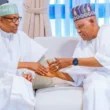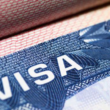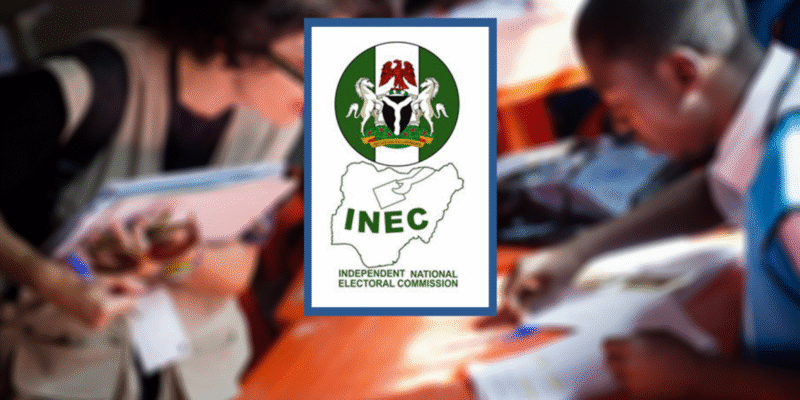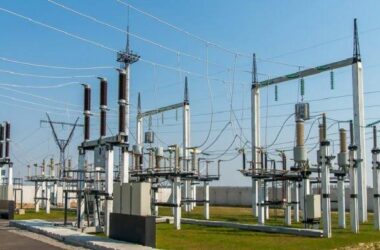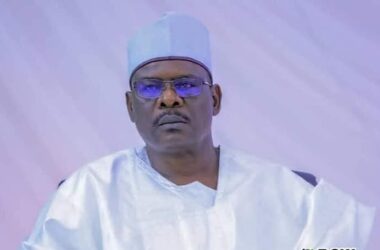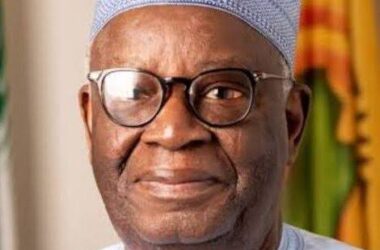The Independent National Electoral Commission (INEC) has responded to allegations made by political groups over delays in registering new political parties ahead of the 2027 general elections.
The commission said no group would be given special treatment, and all applicants must follow the rules and procedures outlined in the constitution.
According to INEC, registering a political party is not a simple political move but a serious constitutional process. The commission questioned whether the coalition groups pushing for quick registration had fully met the legal conditions required.
INEC also denied reports claiming it had already registered two new political parties: the “Independent Democrats” and the “Peoples Democratic Movement.” It clarified that these parties were previously registered in 2013 but were later removed from the list of recognized parties in 2020, based on constitutional grounds.
Rotimi Amaechi, former Minister of Transportation, recently accused INEC Chairman Prof. Mahmood Yakubu of not allowing new parties to register.
During an interview on Arise TV, he said, “The current chairman of INEC, if he were the chairman of INEC in 2015, we would not have won. That’s an important point. May God bless (Attahiru) Jega. Because the ground rules were clear. The current chairman of INEC can only be compared to Iwu…”
Amaechi noted that former INEC Chairman Prof. Attahiru Jega ensured a fair process that allowed the All Progressives Congress (APC) to register before winning the 2015 elections.
Seun Kuti, musician and Protem Chairman of the Movement of the People, also expressed concern.
He said in a statement, “Nigeria’s democracy cannot thrive when the political space is continuously restricted. Since 2018, no new political party has been registered in Nigeria, while 72 existing parties have been deregistered. This severe restriction limits citizens’ political choices and undermines true democratic representation.”
In response, Rotimi Oyekanmi, Chief Press Secretary to the INEC Chairman, said the commission would only approve applications that met all requirements. He noted that the number of applications was not as important as whether the applicants could satisfy the rules.
Oyekanmi stated, “Rather than trying to blackmail INEC with unfounded accusations, groups that applied for registration as political parties should submit authentic, verifiable documents and comply with all the requirements for registration.”
He explained that every association seeking to become a party must submit a letter of intent, proposed name, symbol, and acronym at least 12 months before a general election. An administrative fee must also be paid, and specific forms and documents completed within 30 days.
Other required documents include the party’s constitution, manifesto, proof of office location in Abuja, and a full list of members with contact details. The national officers must come from at least 24 states, including the Federal Capital Territory, in line with the federal character principle.
The commission also checks to make sure that all information submitted is accurate. If any falsehood is discovered, the application is rejected.
Finally, INEC reminded the public via its official X account that, “For the avoidance of doubt, the commission has not yet registered any new party. The current number of registered political parties in Nigeria is 19. Nothing has been added.”


